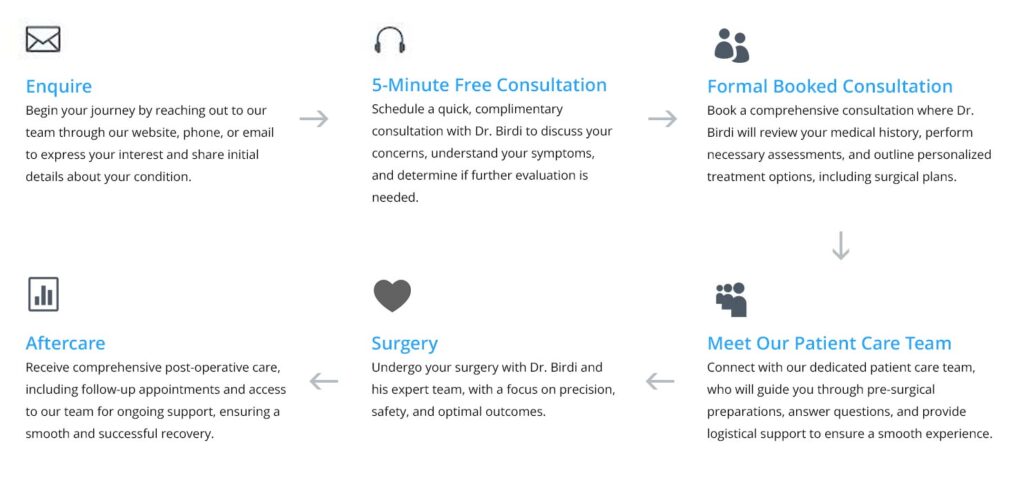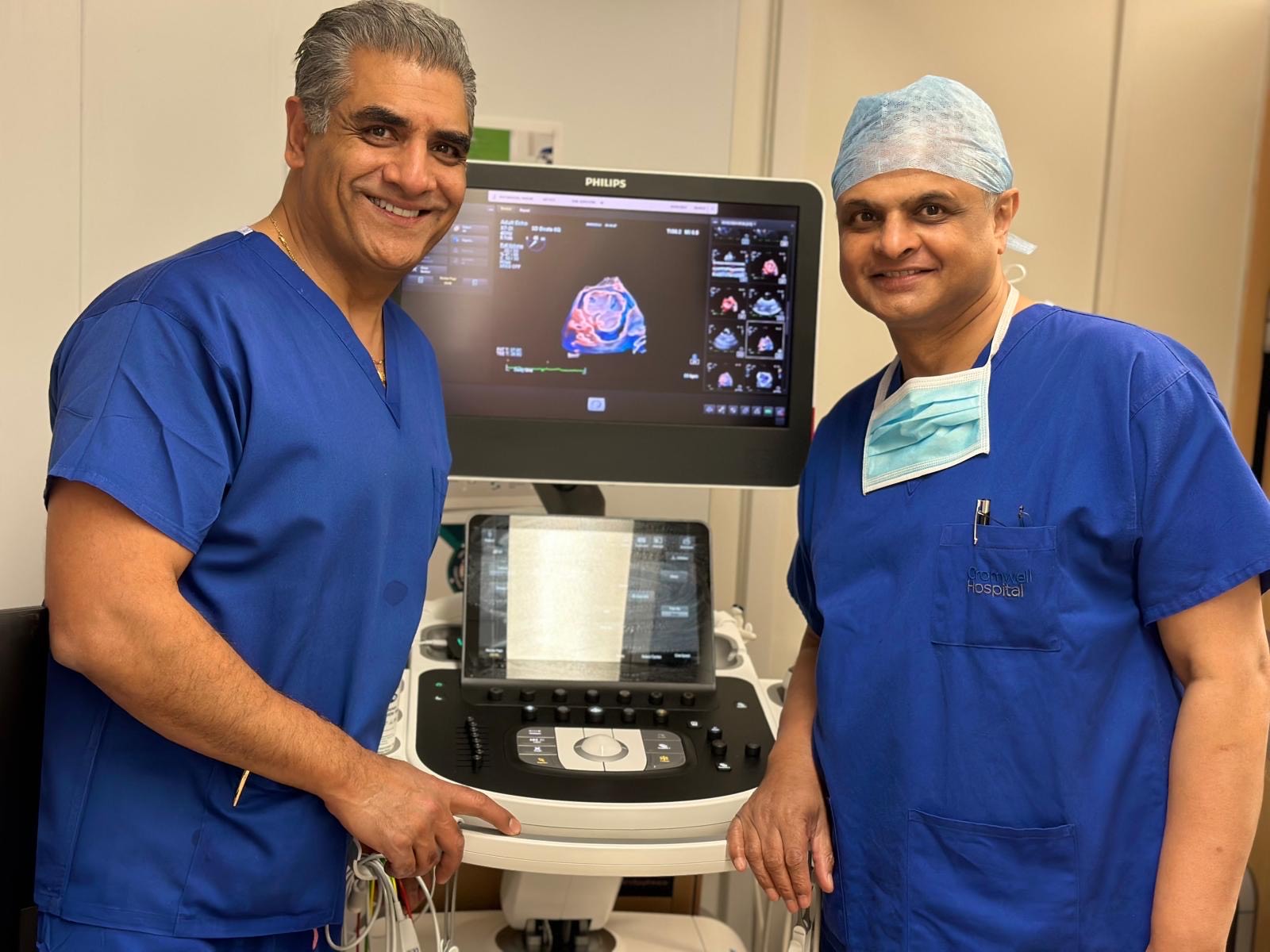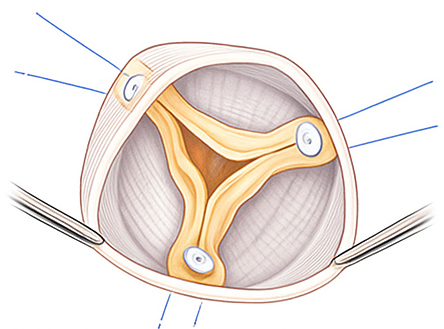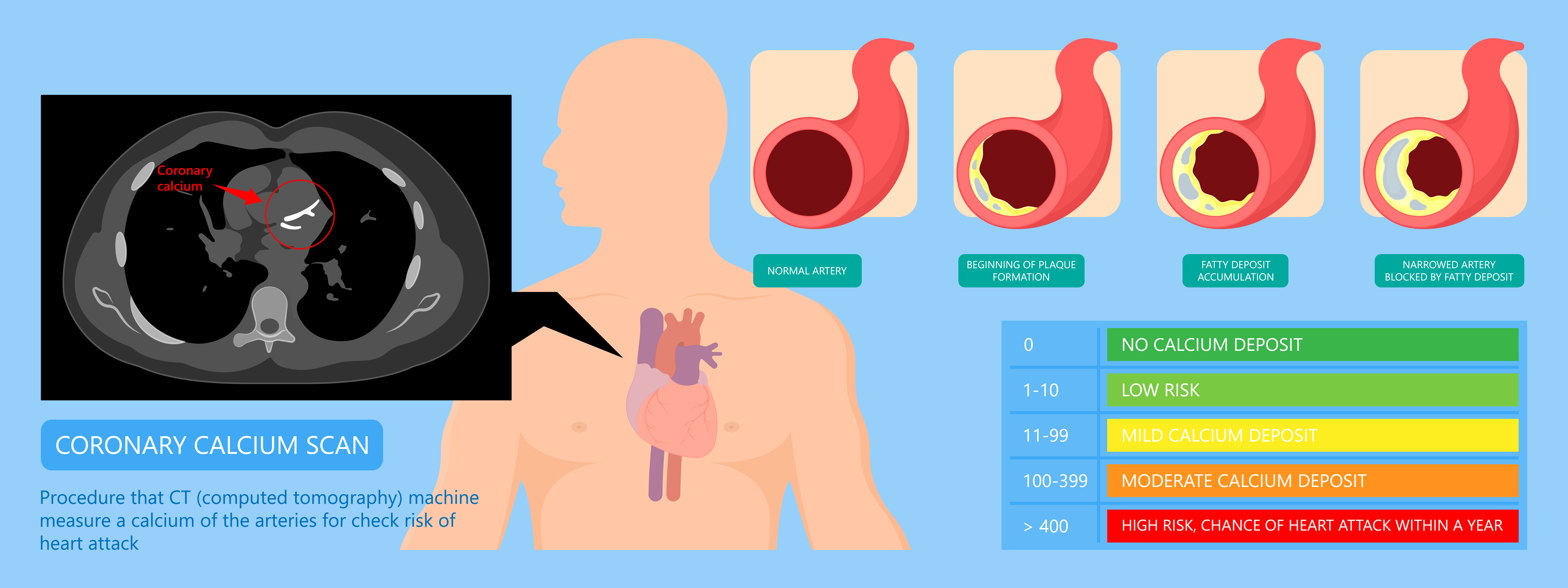
How we can help with
Aortic Valve Surgery
![]()
WHAT OUR PATIENTS SAY…

Top Doctor Verified
“I would have no hesitation in recommending Mr.Birdi. His expertise is beyond question with quality and standard of care of the highest order.”

Top Doctor Verified
“Mr Birdi is really wonderful – compassionate, reassuring, extremely competent and efficient, explains things in layman’s language too. “

Top Doctor Verified
“The whole experience of my non invasive heart valve replacement could not have gone any better.”

Top Doctor Verified
“I found Mr Birdi a remarkably kind, and extremely clear surgeon. He was so gentle, assuring & thorough. I felt safe, and assured under his care.”
AORTIC VALVE SURGERY PROCEDURES
Aortic valve surgery can be performed using various surgical approaches, each tailored to minimize risks and enhance recovery. These approaches are chosen based on patient needs, health conditions, and surgeon expertise.

Traditional Sternotomy
Involves a full breastbone division, requiring up to 12 weeks for complete healing. There is a risk of bone infection, mild to moderate pain, and scarring, making it less cosmetically appealing.

Ministernotomy
A less invasive approach that involves a partial sternum incision. Results in less pain and bleeding, better breathing, quicker recovery compared to a full sternotomy, and improved cosmetic outcomes.

Anterior Thoracotomy
Avoids bone cutting entirely, significantly reducing recovery time to about 7–10 days. Associated with minimal pain and bleeding, improved breathing, no risk of bone infection, and allows resumption of daily activities within days.
AORTIC VALVE SURGERY CONDITIONS
Aortic valve stenosis and aortic valve regurgitation are two common conditions affecting the aortic valve, a critical structure in the heart that regulates blood flow from the left ventricle to the aorta.

Aortic Valve Stenosis
Aortic valve stenosis occurs when the valve’s leaflets become thickened, stiff, or fused, often due to age-related calcification, congenital defects like bicuspid aortic valve, or rheumatic fever, leading to restricted blood flow from the heart.

Aortic Regurgitation
Aortic regurgitation arises when the valve does not close properly, allowing blood to leak back into the heart. This can result from conditions like valve degeneration, infection (endocarditis), or aortic root dilation caused by hypertension or connective tissue disorders.
OUR PATIENT PATHWAY

All locations

Cromwell Hospital
ADDRESS:
164-178 Cromwell Rd,
London SW5 0TU
team@thekeyholeheartclinic.com
+44 20 8079 7860

Circle Health Group
ADDRESS:
Sherwood Lodge Drive,
Nottinghamshire, NG5 8RX
team@thekeyholeheartclinic.com
+44 20 8079 7860

Get In Touch With Us
For general questions, please send us a message and we’ll get right back to you. You can also call us directly to speak with a member of our service team or insurance expert.




